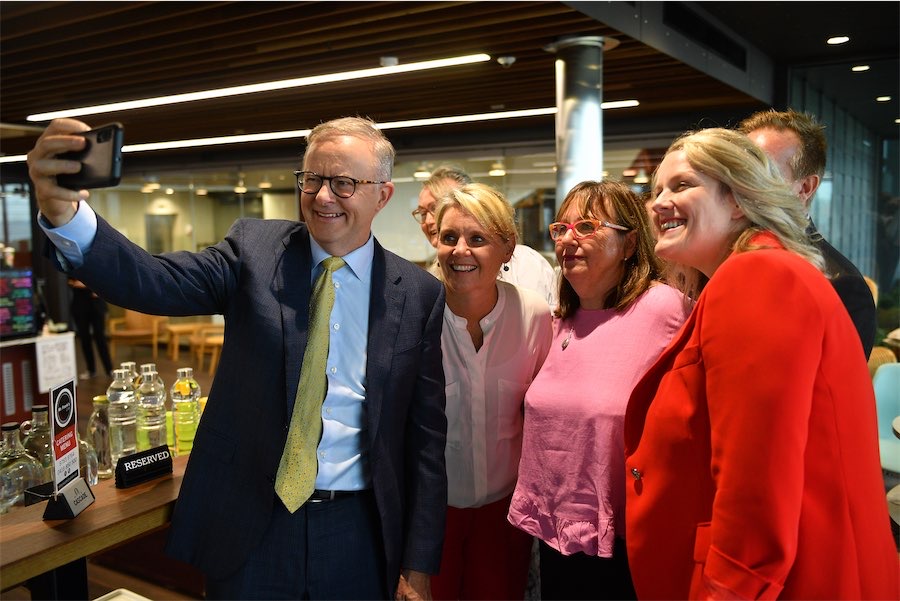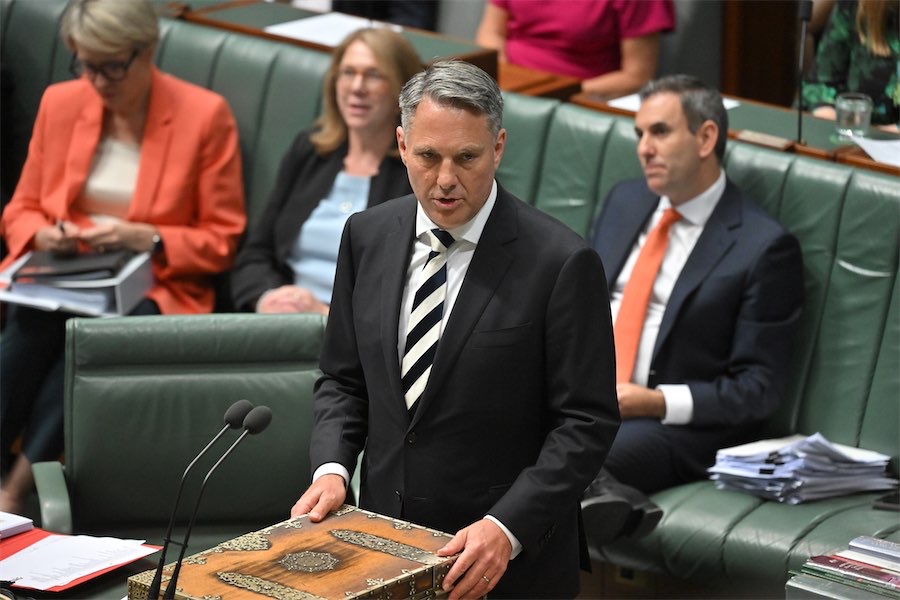“There are valid criticisms of government handling of infrastructure. Roads always seem to be overcrowded long before they are upgraded. The National Broadband Network has not gone well,” writes political columnist MICHAEL MOORE.
REVELATIONS at a Senate inquiry from the former CEO Christine Holgate on Australia Post’s parcel delivery service raises critical questions about infrastructure for community good.

The Boston Consulting Group’s secret recommendations on privatisation of the parcel delivery service were a bombshell exposé of a government with an ongoing agenda to transfer successful public enterprise into private hands.
Community infrastructure is a public good. Unfortunately, it is often in the sights of the conservative elements of politics. There have been successes, such as the privatisation of Qantas, Commonwealth Bank and Telstra, and these are used as justifications for further similar actions.
However, the cost to the public has been constant as may be illustrated by the sale of government buildings that are then leased back from the private sector. How much better off would the taxpayer have been if government buildings, such as the Department of Foreign Affairs RG Casey building, remained in public hands?
Australia Post’s parcel delivery service has been keeping up with the times. Online purchasing has resulted in an explosion in the need for parcel delivery. At the same time, the letter elements of the postal service have seen a commensurate drop – with letters rapidly giving way to email and other forms of electronic messaging.
Despite these changes, paper deliveries still remain an important part of our wide network of communication. If the only measure was financial viability, our postal service would probably close down. It is not the only measure. Building and retaining a sense of community has never been more important than since the onset of the COVID-19 pandemic.
Selling off the financially lucrative part of a business, when it can be used to support the struggling arm, misses the big picture. There are plenty of private delivery services and they remain in competition with Australia Post.
The postal infrastructure that supports the parcel delivery system, and Australia Post more broadly, is an important community asset. In so many small towns and in suburban parts of our cities throughout this nation the small businesses that are engaged in postal and parcel services ensure a community vibrancy, engagement and access that would not otherwise be possible.
We ought to have learnt our lesson with electricity. Over the past couple of decades Australian jurisdictions have privatised different elements of their electricity infrastructure.

Australia is paying the penalty. As Australians have rapidly adopted rooftop solar it is the grids that are having trouble keeping up with the demand. The infrastructure has not been upgraded to meet the growing need. The chance for strong environmental action at the personal and local level has been undermined by ideology of privatisation and government actions.
There are valid criticisms of government handling of infrastructure. Roads always seem to be overcrowded long before they are upgraded. The National Broadband Network has not gone well.
However, where governments have their hands tied because they do not own the infrastructure, the situation is so much worse.
Of course, governments do have the opportunity to invest to support private businesses. The proposed government infrastructure support of more than $4 billion for the Adani coal mine provides a relatively recent example.
The electricity infrastructure issue goes way beyond rooftop solar on homes.
There is a huge solar farm on the outskirts of Broken Hill that is illustrative. It is ideally located to take advantage of the sun and should be significantly boosting the grid at minimal ongoing costs.
Unfortunately, it regularly runs way below capacity as the ageing grid cannot handle the amount of electricity that is produced by that plant.
Australia Post has been at risk for a number of years. The parcel service has provided a Phoenix-like solution to ensure a viable service supporting the whole business. It makes no sense to sell off the viable part and allow the rest to wallow.
Michael Moore is a former member of the ACT Legislative Assembly and an independent minister for health. He has been a political columnist with “CityNews” since 2006.
Who can be trusted?
In a world of spin and confusion, there’s never been a more important time to support independent journalism in Canberra.
If you trust our work online and want to enforce the power of independent voices, I invite you to make a small contribution.
Every dollar of support is invested back into our journalism to help keep citynews.com.au strong and free.
Thank you,
Ian Meikle, editor





Leave a Reply